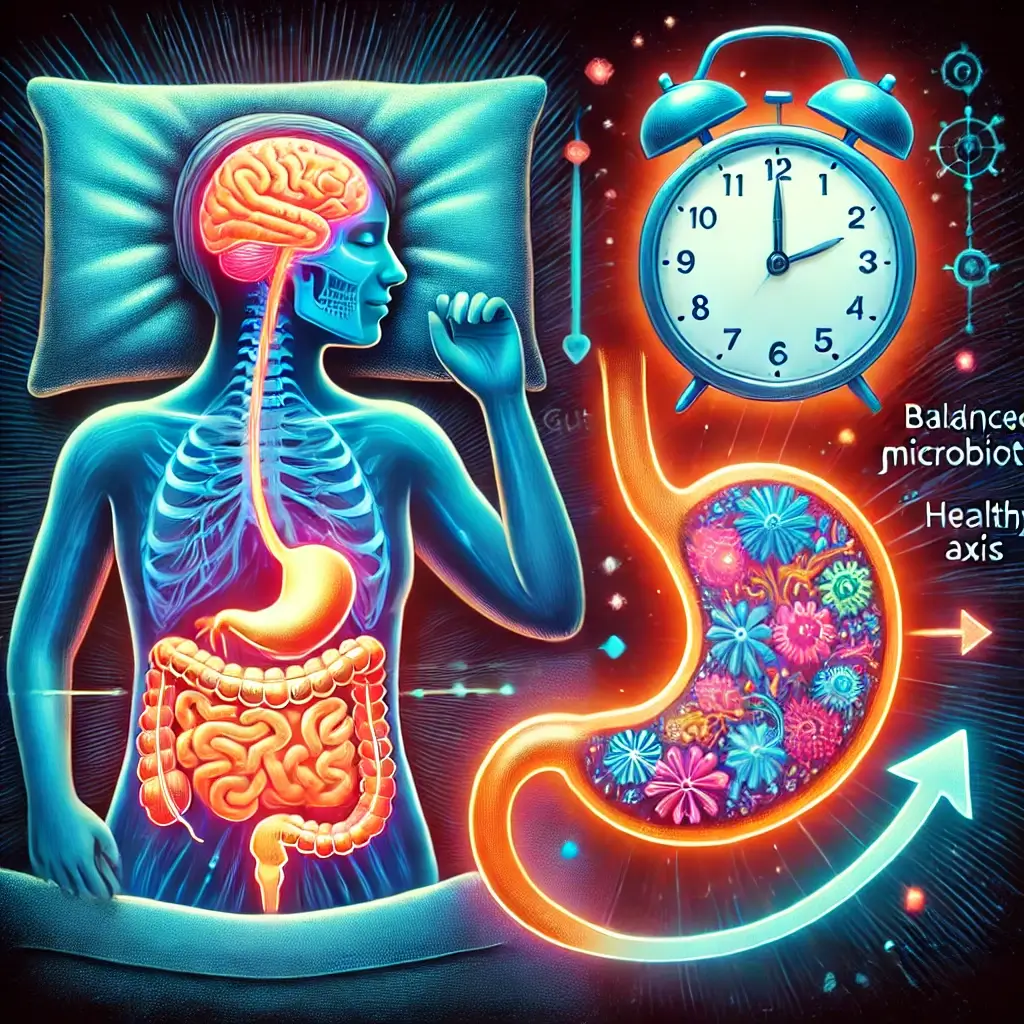Are Anxiety and Depression Connected to Digestive Issues
While scientific research around natural remedies for depression can be somewhat contradictory (or non-existing), many individuals would agree that using natural solutions has worked well for them. Countless psychologists and psychiatrists now admit that chamomile and different herbs can help relieve mild forms of depression caused by a person’s thoughts, emotions, and behaviors.
Using a natural solution for your depression problems will allow you to address those causing your depression and give you a new perspective on life and the future.
Different Types of Anxiety Disorders Unique Set of Symptoms
Anxiety disorders are common and affect individuals of all ages. There are many types of anxiety disorders, each with a unique set of symptoms. Most commonly, patients will begin by reporting symptoms to their primary care physician. The physician will conduct a physical exam and rule out other possible causes, such as hormonal imbalance, side effects from medications, or certain illnesses. If the physician concludes that anxiety is the cause of the patient’s symptoms, they may refer the patient to a psychologist or psychiatrist. In some cases, these symptoms may indicate an underlying condition. For example, intestinal bleeding and pain may signify an infection or hemorrhoids.
Increased Stress Levels Can Affect a Person’s Digestion
Anxiety can also lead to digestive discomfort or indigestion. Because it affects the digestive system, stress can cause it to move food down the esophagus, resulting in indigestion and heartburn. Some people may even have a symptom of indigestion that isn’t heartburn.
Studies Also Link Anxiety to Gastrointestinal Conditions
Anxiety is more common among women than men but can also affect men. Women, for example, have higher rates of stress than men. The increased stress levels can affect a person’s digestion, leading to heartburn and indigestion. Further, an increased level of anxiety can impact a patient’s appetite. Whether a person suffers from a gastrointestinal problem or not, stress can negatively affect his life.
Anxiety symptoms can be a symptom of a more severe health issue. Studies also link anxiety to gastrointestinal conditions such as hemorrhoids, inflammatory bowel disease (IBS), and gastroesophageal reflux disease. While many of these are common, these symptoms can affect a person’s quality of life. Therefore, seeking medical attention for any underlying cause of an anxiety condition is essential.
Anxiety patients often feel stressed, and their symptoms can affect their sleep and appetite. If a person suffers from reflux, it can cause a person to lose appetite, be irritable, and be grouchy. These symptoms can lead to various other problems, and both are a symptom of acid reflux. However, some people do not even realize that they have GERD.
Anxiety can increase the symptoms of GERD. The pressure in the stomach causes heartburn. In addition, it can worsen symptoms of the disease. Anxiety can increase the risk of a heart attack. Stress can also affect the esophageal sphincter, which is the valve that allows food to pass from the mouth to the stomach. A relaxed LES may lead to heartburn.
People suffering from anxiety should not ignore their symptoms. While stress can cause a person to feel uncomfortable, it is natural to worry.
In situations where a person has a risk or is at stake, the body will react appropriately. Unfortunately, anxiety can also cause excessive sweating and heartbeat. Fortunately, there are several ways to manage the symptoms of anxiety. By addressing the physical reactions, a person can prevent the effects of stress. Read More
Chamomile for Anxiety
There are also numerous natural remedies available for anxiety. Some of them are pretty effective when taken in the right quantities. For example, a standard natural treatment for depression known today is chamomile tea. It contains numerous health benefits that help a person with various mental disorders, from chronic stress to depression. However, when you use this tea as part of your natural remedy for anxiety, you are effectively ridding yourself of all of the stress-causing you have these attacks, making them less frequent. Read More
Talk to a Professional About Your Options
Many other products sold over the counter also contain natural ingredients. Still, no scientific trials or peer-reviewed studies are backing them up, so consumers with just anecdotal stories of these products’ effects—a wide range of natural cures and remedies for anxiety on the Internet. However, it would help if you researched the particular herbal remedy brand you are looking for before taking it.
This way, you can ensure that the product will work for you and not do more harm than good. If you are still unsure which natural remedy is best for you, it is worth talking to a professional who can guide you through your options and find one best for you and your particular symptoms.













